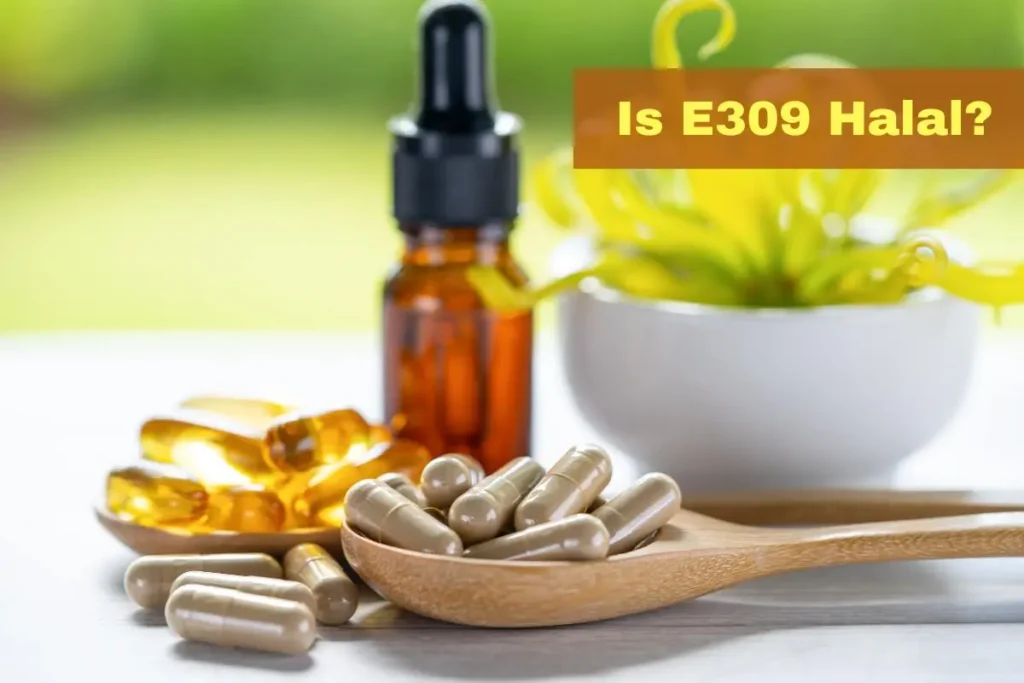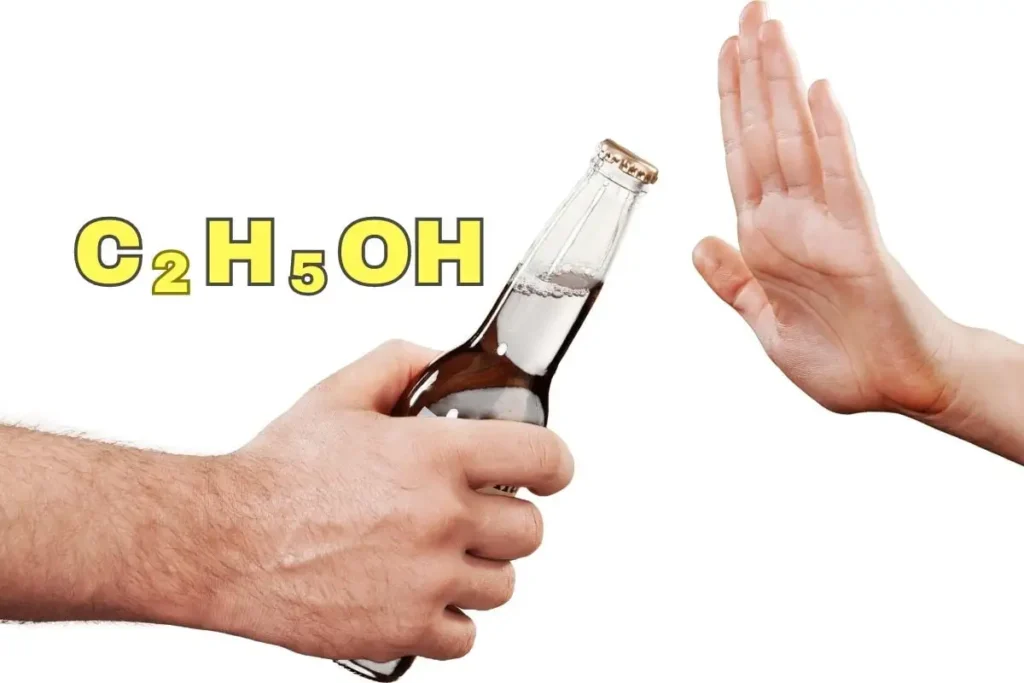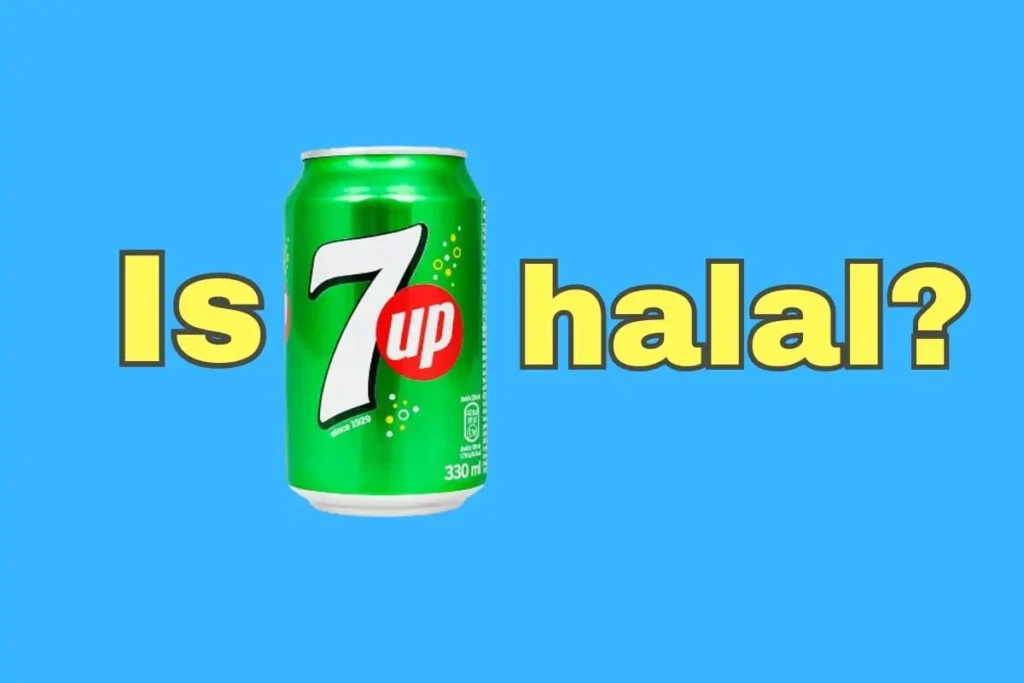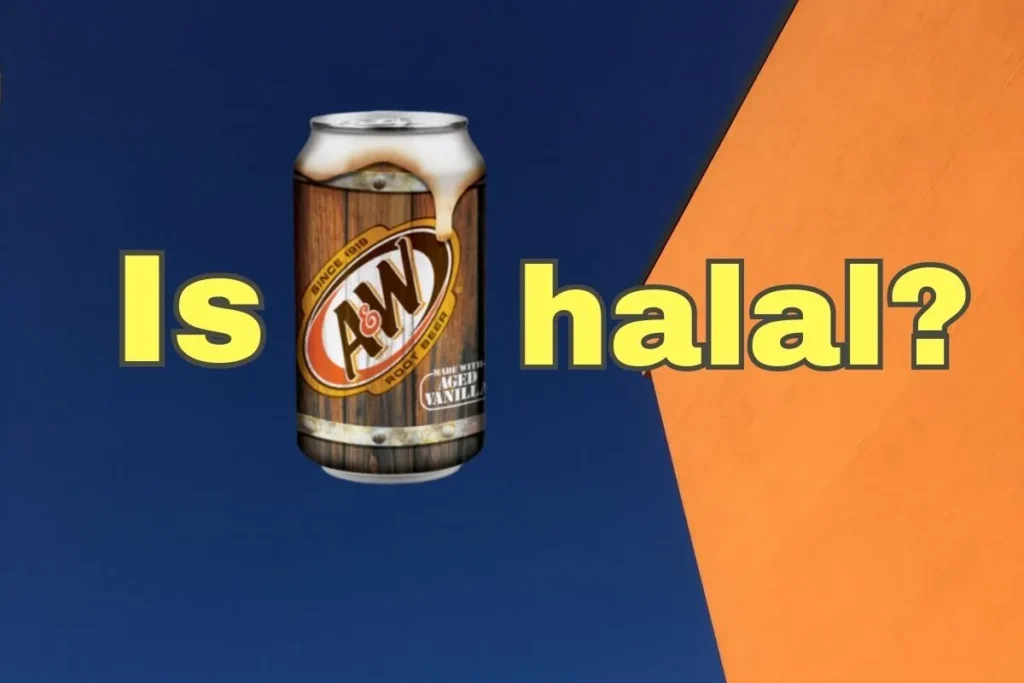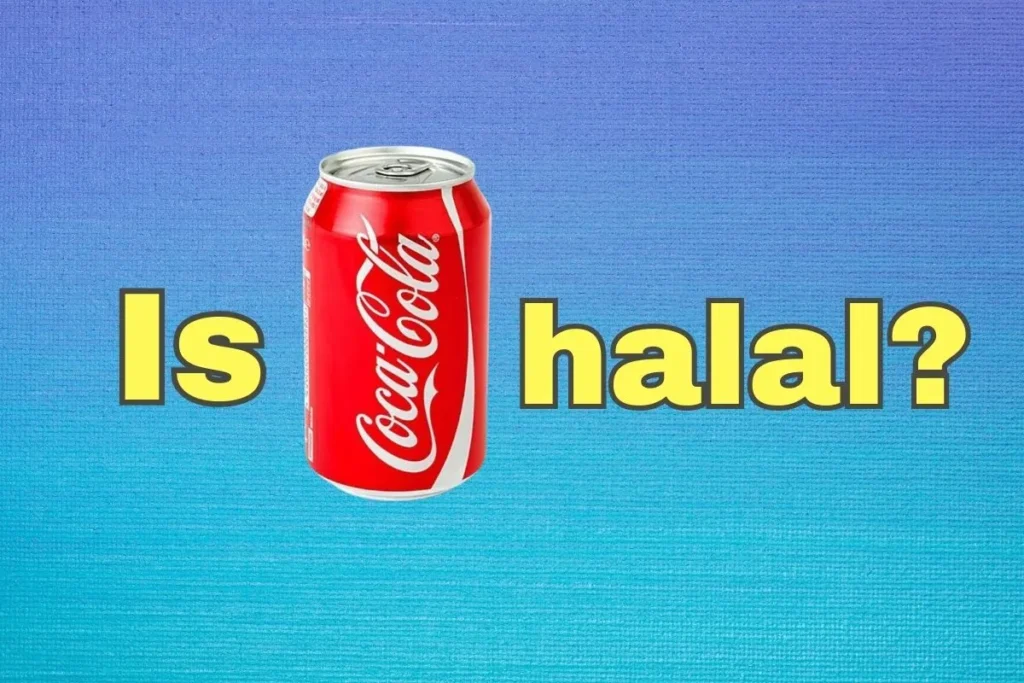E309, also known as synthetic delta-tocopherol, is a common food additive that has raised questions about its halal status. This article provides an overview of E309, including its chemical structure, production, potential side effects, regulations, dosage, and whether it is considered halal or haram.
Key Takeaways
| 📌 What is E309? E309, also known as synthetic delta-tocopherol, is a lab-made form of vitamin E used to prevent fats and oils in food from going bad. |
| 📌 Is It Safe? E309 is generally safe when used in approved amounts. Excessive intake may cause minor issues like nausea, headaches, or fatigue, but this is rare. |
| 📌 Halal or Haram? E309 is considered halal because it’s made in a way that aligns with Islamic dietary rules, and many Islamic organizations approve of its use. |
What is E309 (Synthetic Delta-Tocopherol)?
E309 is a synthetically produced form of vitamin E used as an antioxidant in foods. It helps preserve fats, oils, and fat-containing foods by protecting them from oxidation and rancidity.
Chemical Structure
The chemical structure of E309 consists of a chromanol ring and an isoprenoid side chain. It has a molecular formula of C27H46O2. E309 is chemically identical to natural delta-tocopherol found in vegetable oils.
What is E309 Made From?
E309 is derived from petrochemical sources. The manufacturing process starts with the compound trimethylhydroquinone, which undergoes chemical synthesis to produce the final E309 product. It does not contain any animal-derived ingredients.
Possible Side Effects
E309 is considered safe for consumption in the approved dosages. There are no documented adverse effects. High doses beyond the recommended limits may potentially cause nausea, headache, fatigue, blurred vision, and blood clotting issues. But such effects have not been reported in humans under normal intake conditions.
Regulations and Guidelines
E309 is approved for use in food across Europe, the USA, Australia, New Zealand, and many other countries. It is regulated under the International Numbering System for Food Additives (INS) and assigned the E number E309.
A study on the pharmacokinetics and safety of vitamin E delta-tocotrienol found that it can be safely administered at doses up to 1600 mg twice daily. The European Food Safety Authority (EFSA) has concluded that tocopherols (E306-E309) are not of safety concern at the levels used in food.
Dosage and Administration
The Joint FAO/WHO Expert Committee on Food Additives recommends using E309 in amounts necessary to achieve desired technological function, up to 100mg/kg fat or oil.
Higher doses of E309 are sometimes used in dietary supplements. For adults, daily doses up to 800-1000IU (480-600mg) are considered safe by health authorities. As always, it’s best to follow supplement label directions and consult a doctor if unsure.
Is E309 Halal or Haram?
Similar to E308, E309 is created via chemical synthesis and is not sourced from materials prohibited by Islamic law. As a result, E309 is classified as halal. This recognition is widespread and is endorsed by the majority of Islamic institutions, including the MUI in Indonesia and the Islamic Religious Council of Singapore.
Find out more:
Is E310 Halal or Haram?
Conclusion
In the labyrinth of food additives and dietary concerns, E309, the synthetic delta-tocopherol, emerges as a guardian of freshness and preservation. Its chemical origins may raise questions, but its role is clear: to protect fats and oils from the ravages of time.
As we delve into the complexities of its creation and regulations, one question looms large: Is E309 halal or haram? Fear not, for the consensus is clear. E309 follows the path of halal, staying true to Islamic dietary guidelines and gaining acceptance across the board.
In a world where food safety and dietary observance are paramount, E309 stands as a testament to scientific innovation aligning with cultural and religious norms. So, let not your culinary choices be fraught with doubt. E309, with its shield of freshness, stands ready to accompany you on your gastronomic journey while respecting your dietary choices.
Allahu A’lam (Allah Knows Best)
FAQ
What is the source of E309?
E309 is synthetically derived from petrochemical sources, starting with the compound trimethylhydroquinone. It does not come from any natural food sources.
Is E309 safe for consumption?
Yes, E309 is generally recognized as safe (GRAS) when used within the approved levels. No adverse effects have been reported from regular dietary exposure to E309.
What are some common food products that contain E309?
E309 is frequently found in oils, margarines, shortenings, nuts, potato chips, and other oily snacks. It helps preserve the shelf life of these foods.
What is the CAS number of E309?
The CAS registry number for E309 is 119-13-1. This standardized chemical identifier helps distinguish it from other vitamin E variants.
Is E309 banned in any country?
No, E309 seems to be universally approved. There are no reports of any country banning or restricting use of this additive. It is legal in the EU, USA, Canada, Australia, New Zealand, Japan, and more.
- Is Pop Tarts Halal? What You Need to Know - February 18, 2024
- Are Graham Crackers Halal in Islam? - January 19, 2024
- Is Keebler Wheatables Halal? - January 18, 2024

